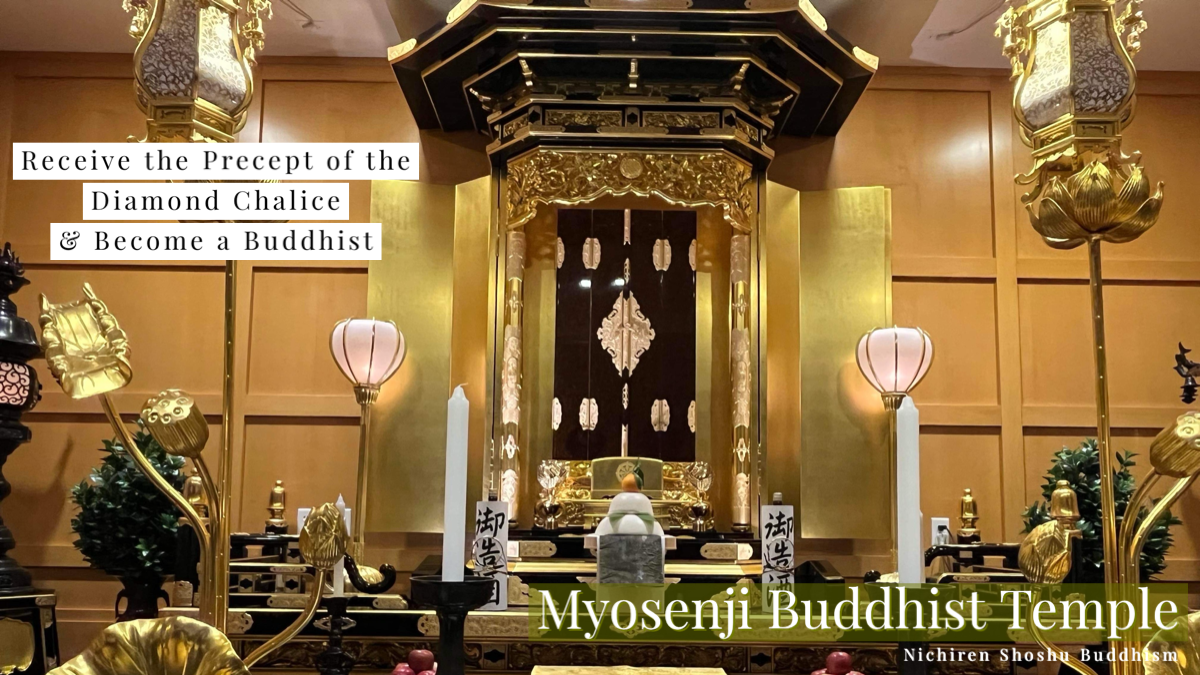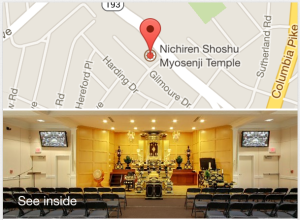Buddhism is different from other religions, philosophies, and moral codes of conduct. It surpasses such teachings and is revered because it explains the importance of taking action through practice, based on the three categories of body, mouth, and mind. It also explains the means to expiate negative karma, attain enlightenment, and actualize a peaceful and tranquil society.
Myoko Magazine, January 2011

How you feel about others plays a large role in how you make decisions. Medical research reveals that when bad feelings like envy, hatred, and anger occur, poisonous substances are released into the body that have a destructive effect on the cells of various organs. Ill feelings such as enmity and envy even destroy a person’s health.
In what circumstances do we develop ill feelings toward others? Bad feelings may arise when we are insulted, ignored, or treated coldly; when our explanations are not listened to, or our value is not recognized; when our contribution is not evaluated fairly; when we are misunderstood or slandered; when our expectations are not met; or when we are misjudged (even if we are respected).
In short, when someone has an unfair attitude toward you or mistreats you, bad feelings toward that person can turn into hatred, jealousy, contempt, or grudges. What you need to focus on here is that this tendency arises from being strongly fixated on the “self.”
Buddhism teaches that one’s attachment to the idea that “the self equals the ego” is an incorrect view, and strongly urges people to get rid of that idea, since it is an illusion of thought. Ill feelings like hatred and jealousy actually arise out of a type of illusion of thought called egocentric views. The initial teachings of Buddhism placed strong emphasis on the eradication of illusions of thought and desire, including egocentric views.
Visit SAT February 8th – Karma Lecture
Our Chief Priest will lecture about Karma and relationships this Saturday, February 8th. If you are looking to become (or stay) a person with strong, positive relationships with others, start your Buddhist practice.
- Learn how to chant Nam Myoho Renge Kyo and properly use the Juzu Beads, Buddhist prayer beads.
- Q&A with our Chief Priest.
- The meeting starts at 2:00 pm and concludes around 3:15 pm. Open to the public and free.
- 310 University Blvd West, Silver Spring, MD 20901 entrance on Burnett Ave
If you have decided to become a Buddhist or are interested in learning how to become a Buddhist, after Sunday’s meeting (about 3:30 pm) Rev Sakabe will be performing the Acceptance of the Precept Ceremony, the ceremony where you become a Buddhist.
Excerpted: Nichiren Shoshu Monthly magazine, How to Overcome Bad Feelings Toward Others, May, 2007


